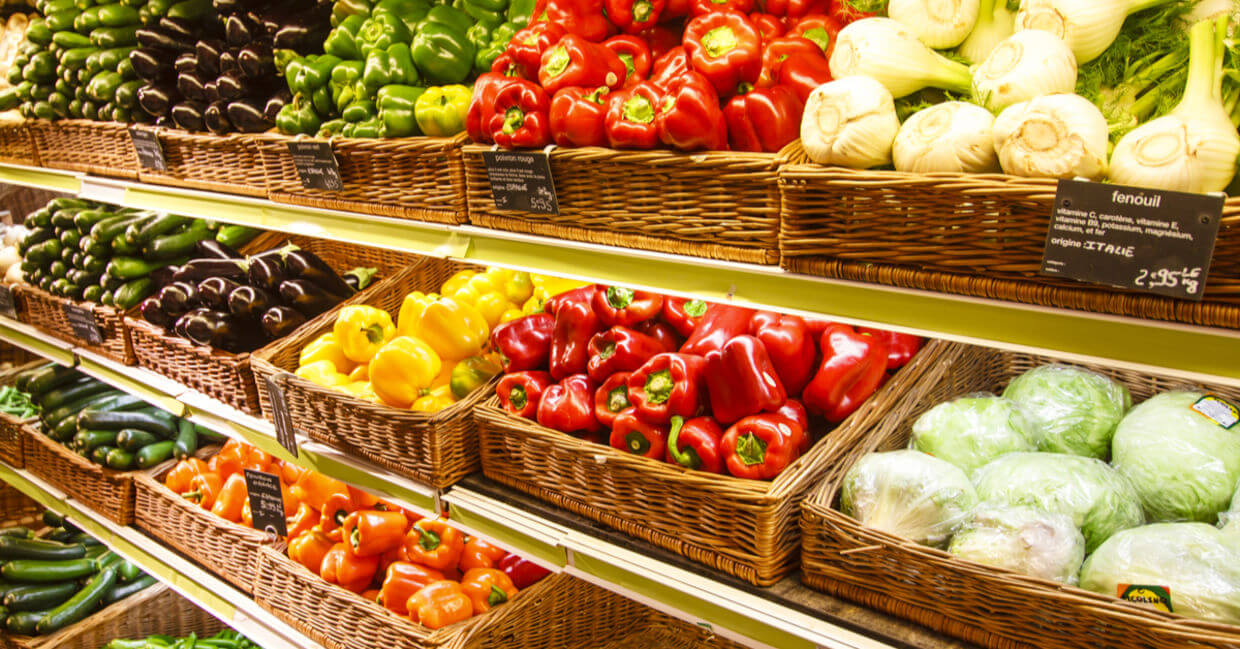BRUSSELS (Channel 6 News) — Russia on Tuesday announced that it will maintain the ban on vegetable imports from the European Union until the origin source of the E. coli outbreak is identified, RIA Novosti reported.
Russia’s EU envoy Vladimir Chizhov also said that the European Union has not provided sufficient information in regards to the source of the deadly outbreak of the new strain of E. coli bacteria that has killed 23 people in Europe.
On Thursday, Russia banned the import of fresh vegetables for the 27 EU Member States due to the discovery of infected cucumbers. The move was criticized by EU officials for going against World Trade Organization (WTO) policy.
Chizhov also remarked that the official EU consisted only in statistical data on the number of people affected or killed by the disease. In this way, Russia denied the EU’s request of withdrawing the ban on vegetable imports.
Fernando Valenzuela, the EU’s envoy in Moscow, said last week the ban was unjustified and contradicted the rules of WTO. He also warned that the restrictive measure could undermine Russia’s bid to join the WTO next year. Moscow’s vegetable imports from the EU amount to 600 million Euros ($869 million).
At least 1,614 people have been infected mostly in Germany but also in the Netherlands, Sweden, the United Kingdom and other European countries due to the outbreak of the new, never before seen strain of Enterohaemorrhagic Escherichia Coli (EHEC).
Read Also: Things to Keep in Mind Before Ordering Your Cake Online
Initially, it was suspected that Spanish cucumbers carried the bacteria but this theory was ruled out by the EU on Wednesday. The Commission then removed its own alert notification on Spanish cucumbers from the Rapid Alert System on Food and Feed (RASFF).
On Monday, the virus was traced to bean sprouts grown in a farm in Germany’s Lower Saxony region, about 70 kilometers (40 miles) south of Hamburg. This alleged source of the deadly disease is being investigated.
